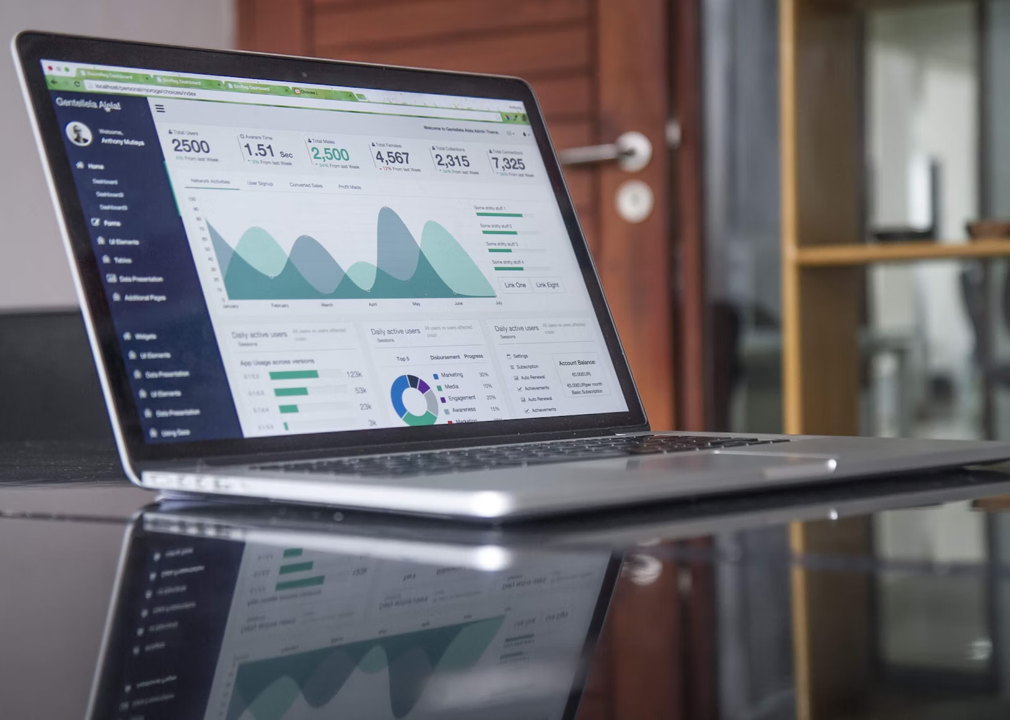
The conversation around AI is picking up steam, and not just in tech circles. Whether you’re in HVACR, construction, distribution, or finance, the ripple effects of AI are starting to hit every corner of the economy. But I think we’re asking the wrong first question. It’s not just, “What will AI do?” It’s, “What kind of society do we want to build with it?”
In the HVACR world, we’re already seeing signs of change. AI tools are starting to help with scheduling, predictive maintenance, and remote diagnostics. Platforms like ServiceTitan are baking AI into dispatch, estimates, and even customer communication. FieldEdge is doing similar work with technician tracking and smart service reminders. But while these tools are making contractors more efficient, the bigger picture is harder to ignore.
Three Paths, Three Outcomes
Here’s how I see it. Societies are going to go down one of a couple of paths, and how AI shapes our lives will depend almost entirely on which path we’re on.
Path One: Liberal Democracies with Strong Guardrails
In open societies with functioning checks and balances, AI has the potential to be a force for good. We’re talking about freeing people from repetitive, soul-sucking jobs and creating room for experimentation, creativity, and even rest. As companies become more profitable thanks to AI-driven productivity gains, I believe we’ll see growing calls for a Universal Basic Income (UBI) to support those displaced by automation.
If done right, this could lead to something remarkable: a renaissance in art, literature, architecture, and the humanities. People might finally have the space to try something different without risking it all. Want to become a stonemason? A poet? A solar installer? A permaculture designer? UBI gives people ballast – a way to stay afloat while they try something new. The end result could be a more connected, more empathetic, and more environmentally engaged society.
Path Two: Soft Authoritarianism and Control via Technology
In more centralized, surveillance-leaning systems (think Hungary or Turkey), I suspect AI will be used to maintain order, not unleash creativity. These governments will likely provide just enough support to keep people from rioting – but not enough to help them thrive. Civil disobedience may increase, but so will surveillance. Innovation won’t stop, but it will slow as experimentation gets crowded out by control.
And Then There’s Path Three: The Dystopian Authoritarian State
In places like North Korea, the future looks bleak. AI will be used as a tool of repression. Access to AI will be tightly monitored, limited, and shaped by what the regime deems appropriate. Surveillance will explode. The tech that could free people will instead be used to trap them. And once AI becomes the eyes and ears of the state, the power structures that exist today will become nearly impossible to dismantle.
The HVACR Angle
So, what does all this have to do with HVACR? A lot, actually.
As AI displaces large swaths of white-collar work – a reality already unfolding according to Kevin Coleman’s excellent article “The AI Take Over or Responsible AI” – we could see a shift in how trades are viewed. With fewer entry-level jobs in law, finance, and tech, people may start to see the trades as a noble, stable, even creative path. HVACR could benefit if we start positioning it not just as a job, but as a skill, a craft, and a form of purpose-driven work. (And yes, we need better marketing for this.)
If we play this right, I think we could see something of a modern guild system re-emerge – where skilled tradespeople are valued not just as laborers, but as craftspeople, mentors, and trusted professionals. In an AI world, that kind of work may become one of the last bastions of human connection, creativity, and respect.
At the same time, we’ll need to defend against “AI overload.” There’s a risk of companies pushing too much automation too fast – from sales chatbots to self-service portals – and offloading work onto customers. That rarely ends well. In our space, service and trust still matter. People still want to talk to a human, especially when their A/C is down in the middle of July.
Key Takeaways
- AI is not neutral: Its impact will be shaped by political systems, values, and power structures.
- The trades could see a resurgence: As white-collar ladders collapse, people may turn to hands-on work – if we make space for them.
- We need policy, not just tech: Tools like Responsible AI frameworks and UBI are essential to prevent societal fracture.
- Guardrails protect innovation: Without checks, AI can become a gatekeeper instead of a door-opener.
We need to start having these conversations now – not in some hypothetical future. Because ready or not, AI isn’t coming. It’s already here.
Let me know if you want to debate this, challenge it, or extend it. That’s the whole point. As always, we appreciate your comments and support. clabow@channelmkt.com



Leave a Reply